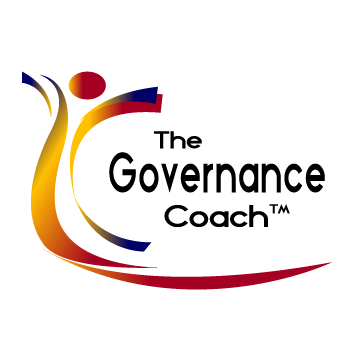I recently read a fascinating book, Brain Chains, by Theo Compernolle. It got me thinking about the way in which boards unwittingly “chain” their collective brains.
Drawing extensively on psychological and neurological research, Compernolle describes three brain systems involved in cognitive decision-making – the reflex brain, the reflecting brain, and the archiving brain.
The reflex brain is about the immediate, here and now. All that exists for it is what it senses in the present moment, and its attention is unconsciously captured by novel or sudden sensory changes.
In contrast, the reflecting brain is slow, can handle only one thought at a time, needs sustained concentration, tires easily, and consumes lots of energy. (Have you ever left an intense meeting – where you have only been sitting, rather than doing any physical work – and felt ravenously hungry? Now you know why: your reflecting brain used up all the available glucose.)
Finally, the archiving brain takes the billions of bits and bytes of information we take in each day, decides which ones to retain, stores them in long-term memory, and makes connections between this information and previously stored information. Research has shown that the reflecting brain and the archiving brain work in balance: when one is active the other is de-activated.
So what does this have to do with boards? When we don’t care for the needs of our reflecting brain, the reflex brain takes over. This can lead to disastrous decisions when the situation is new, very complex or unpredictable. Making any kind of decision, whether super-important or miniscule – take reflecting brain energy. The brain makes no distinction.
When the board begins its agenda with low-value decisions, by the time it gets to the important ones, the reflecting brain is tired. If board members then use the breaks – which could give the archiving brain time to store important details and make connections – to check in on their electronic devices (or even worse, check them during the meeting itself) – the problem is exacerbated.
Don’t let your board succumb to this “board brain disorder”!
Instead, try this recipe for making an important decision: schedule it early in the meeting, before the reflecting brain is already fatigued from many small but unimportant decisions. Avoid checking your electronic devices during the meeting. Provide good energy snacks to provide the reflecting brain with needed glucose. Allow adequate reflection time.
